
先日の記事
で述べたように、数ヶ月ごとにピアノを調律していい状態を維持していくことで、ピアノの練習の質が上がるだけでなく、後世にまでいいピアノを残すことができます。
この記事を書いている今は、夏の終わり頃で、台風も過ぎ去り、少しずつですが涼しくなってきています。ちょうどこのような季節の移り変わりの時期に調律をしたいものです。
では、実際に調律をするときどうしたらいいのでしょうか?
また、何に注意したらいいのでしょうか?
自分では調律しない
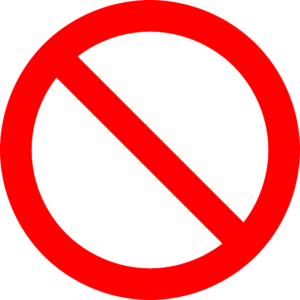
先日の記事でも記載しましたが、ピアノの調律は未経験であるなら、ご自分でされることは絶対にやめてください。
調律用のツールはインターネット等で購入することができますが、素人が行うのは危険です。
ピアノは思っているより複雑で繊細です。
ピアノのパフォーマンスを上げ、寿命を伸ばすはずの調律が、素人がやると寿命を縮めてしまう可能性が大いにあります。
ピアノ自体とても高価なものですので、取り返しのつかないことにならないよう、後悔のない選択をしてください。
多少お金はかかりますが、私は専門の調律師にお願いすることをおすすめします。
アドバイスを受ける

良いピアノの調律師を探す一番の方法は、信頼のできる人に尋ねることです。
もちろんピアノに関わっている人達です。
具体的な例を上げると
- ピアノ教師
- ピアノ店(楽器店)
- 地元の学校や大学
- ピアノを所有する友人または隣人
インターネットで検索するのは、個人的には最後の手段にしたほうが良いかと思います。
後述する「資格を持っているか」や「コストが適正か」また、ほとんどの場合「家の中に入ってもらう」わけですから、全く知らない人を選ぶよりは誰かの知り合いのほうがいいでしょう。
インターネットで探す場合は一般社団法人ピアノ調律師協会さんのサイトから、資格を持った人を都道府県別に探すことができます。
ぜひそちらも活用されてみてください。
調律前の注意点
ピアノの調律師を探したら、具体的なことを決めるためにその方とコンタクトを取る必要があります。
後で後悔しないように、調律の日付や時間だけでなく以下のことを確認し、注意するようにしましょう。
資格
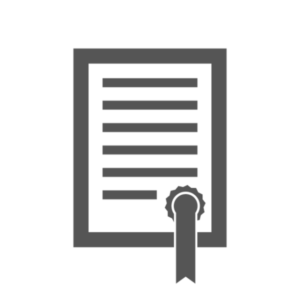
ピアノの資格には「ピアノ調律技能士」という国家資格があります。
これは1級から3級まであり、1級が最も難しい資格になっています。
習得するために、専門の学校を卒業していることや実務経験の有無が条件となっています。
ピアノを調律してもらう際に、その人のレベル・質を知るために、この「ピアノ調律技能士」の国家資格をもっているかどうかを確認しましょう。
もちろん1級の方のほうがレベルは高いでしょうが、3級の方でも素人とは比べ物にならないほどの知識をお持ちです。
レベルが信頼できるかを選ぶ基準として、この国家資格を持っているかどうかというのを、最低限の基準にしましょう。
コスト
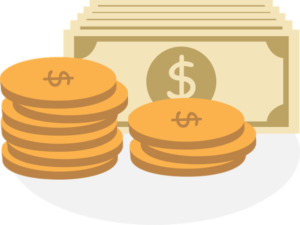
インターネットで調律師を探してもらえば分かりますが、ピアノの調律では、一般的な価格はおよそ1万円です。
しかし、経験豊富で「ピアノ調律技能士1級」の資格をもっているような方にお願いする場合は、5万円ほど(もしくはそれ以上)まで上がる場合があります。
当然そのような方に見てもらえば、普通の調律師では発見できないような細かい点に気づいてもらえる可能性もあります。
調律するピアノの価値にもよりますが、一般的な価格のピアノの調律でしたら、私は1万円前後の価格で調律してもらえば十分かと思います。
また、十数年レベルで調律されていないピアノをお願いする場合も価格が上がります。
価格は一概には言えませんが、オーバーホールするレベルでの点検を行ってくれるため、一般的な調律よりも高くなって当然です。
自分の経歴も明かさなず、ピアノの状態も聞かないのに数万円の値段を伝えられたら、別の調律師の方を探したほうが無難でしょう。
最後に、調律の際に点検してもらうと交換が必要なパーツが見つかることがあります。
特に弦の交換にもなれば20万円以上はかかりますので、お財布と心の準備をしておきましょう。
もちろん、交換するかしないかはあなたの判断です。
数十万円かけてまで、パーツの交換はしなくていいと思ったら素直に断りましょう。
調律の予約をしよう
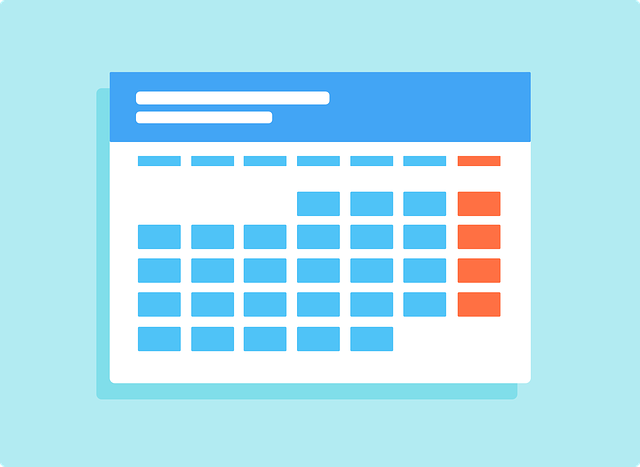
調律師とコンタクトを取り、資格・コストが問題なければ、その調律師さんに予約をしましょう。
お互いのスケジュールが合う日を確認しましょう。
調律師さんによっては県外まで出張してくれるケースもあります。
また、人気の調律師さんだと予約待ちになる場合がよくあります。
焦らずに気長にスケジュール調整をしてください。
調律までにやること
調律の日が決まったら、ただ待つだけではいけません。
調律されるまでにやっておくことが2つあります。
ピアノの掃除
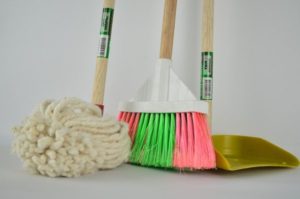
これは当然のことですが、実際に調律を受けるピアノにホコリや垢がないように掃除しておきましょう。
このとき、極端に濡らした布で水拭きしたり、一般の掃除用洗剤を使って掃除することはやめてください。
ピアノの周りについているコーティングが剥がれたり、ピアノ内部の木にカビが発生する危険性があります。
同じく、気合を入れてエアーダスターなどでピアノの内部を吹き付けるのもやめてください。
よく分からないまま吹き付けると、繊細なピアノのパーツが破損する場合があります。
必ず乾いたウエス等で表面を掃除をするようにしてください。
ピアノ周りのスペース確保
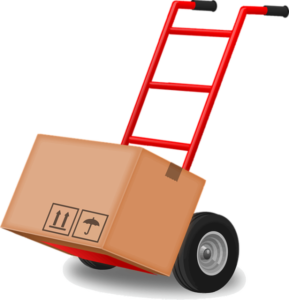
調律師さんが、道具を置いたり、分解したパーツを置けるようにピアノ周りのスペースをできるだけ空けるようにしてください。
スペースがないと調律に時間がかかり、最悪の場合、調律の値段を上げられることがあるかもしれません。
場合によっては照明もその対象になります。
スムーズに調律が終わるように、できるだけものをどかしておきましょう。
また、調律される直前には楽譜やカバー、メトロノーム等の備品も片付けておきましょう。
ピアノ調律師に聞いておくべきこと
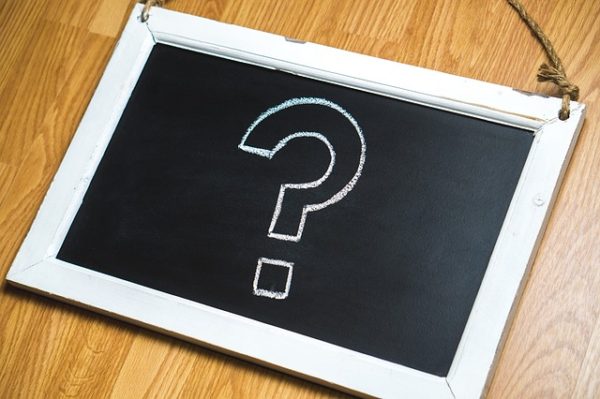
実際に調律師さんが調律を終えたら、聞いておくべきことがあります。
それは調律の頻度です。
いい調律師さんはピアノだけを見るのではなく、ピアノが置かれた環境も見てくれます。
放っておいてもピアノが長持ちできる環境なのか、それともピアノが痛みやすい環境なのか。
湿度や温度の変化などを、その地域や置き場を見て判断してくれます。
また、調律の頻度はこれまでどのぐらい調律されてきたかによっても変わります。
もし中古で買ったり、誰かから譲ってもらった場合は正直にそのことを伝えてください。
調律が無事に終わり、きれいな音色がでるピアノで、質の高い練習をされることを期待しています。
コメントを残す